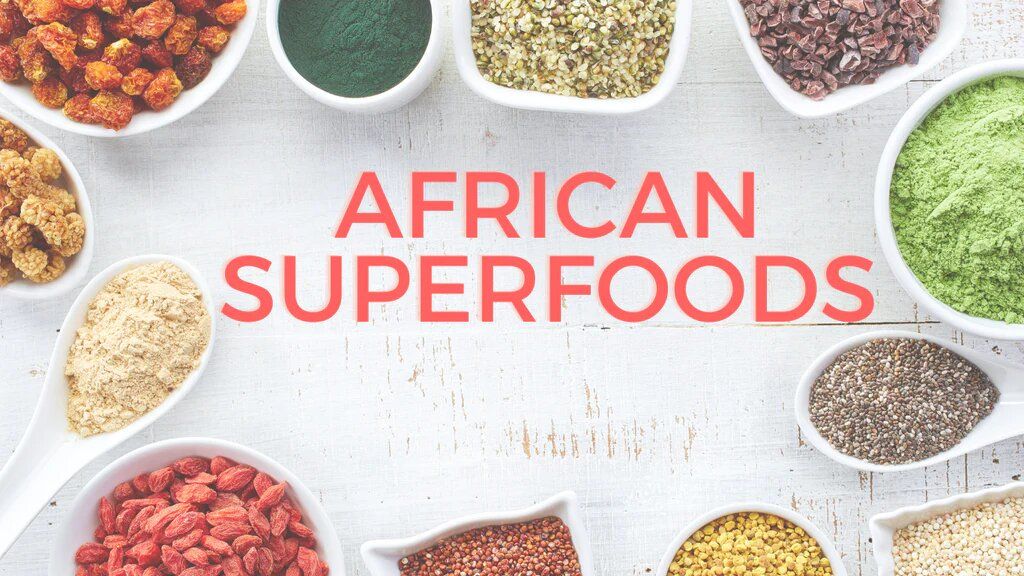Sowing the Seeds of Wellness: The Benefits of Choosing Organic Food
As a fervent advocate for wholesome and nutritious eating I've always been passionate about the impact our food choices have on our health and the environment. Organic food has become increasingly popular in recent years and for good reason. In this article we'll delve into the benefits of choosing organic food and why it's a wise investment for your well-being and the planet.
Section 1: The Perks of Going Organic
Organic food offers numerous benefits that make it a worthwhile investment. Here are some key advantages of choosing organic produce and products:
- Fewer Chemicals: Organic farming avoids the use of synthetic pesticides herbicides and fertilizers which means fewer chemicals on your plate and in the environment.
- Higher Nutrient Content: Studies have shown that organic produce tends to have higher levels of essential nutrients such as antioxidants vitamins and minerals compared to their conventionally grown counterparts.
- Better Flavor: Many people claim that organic food tastes better because it is grown in nutrient-rich soil allowing the natural flavors to shine.
- Improved Animal Welfare: Organic livestock are raised in more humane conditions with access to outdoor spaces and a natural diet promoting healthier and happier animals.
- Environmental Benefits: Organic farming practices help reduce soil erosion conserve water and promote biodiversity by nurturing a variety of plants and animals.
Section 2: Making the Switch to Organic
Transitioning to an organic diet can be simple and enjoyable. Here are a few tips to help you make the change:
- Prioritize: Start by incorporating organic versions of the foods you consume most often such as fruits vegetables and dairy products.
- Shop Local: Visit local farmers' markets or join a community-supported agriculture (CSA) program to support small-scale organic farmers in your area.
- Look for Labels: When shopping at the grocery store look for the USDA Organic label which ensures the product meets strict organic standards.
- Be Budget-Savvy: Organic food can be more expensive but you can save money by purchasing in-season produce buying in bulk and cooking from scratch.
- Grow Your Own: Start a small organic garden at home even if it's just a few pots of herbs on your windowsill. This not only guarantees fresh organic produce but can also be a rewarding and therapeutic hobby.
Section 3: A Healthier Future
The benefits of choosing organic food extend beyond personal health to the well-being of our planet. By opting for organic you're supporting sustainable farming practices that promote a healthier environment for generations to come. Consider these advantages:
- Reduced Pollution: Organic farming reduces the amount of synthetic chemicals entering our soil water and air contributing to a cleaner environment.
- Carbon Sequestration: Organic farming practices such as crop rotation and cover cropping can help capture and store carbon dioxide in the soil combating climate change.
- Biodiversity Protection: Organic farms promote biodiversity by providing habitats for various plants insects and animals which are essential for a balanced ecosystem.
Investing in organic food is a wise choice for your health the environment and the future of our planet. By making the switch to organic you'll enjoy the benefits of fewer chemicals higher nutrient content and better flavor while also supporting sustainable agriculture and animal welfare. So go ahead and embrace the organic lifestyle knowing that your investment is contributing to a healthier and more sustainable world for all.






